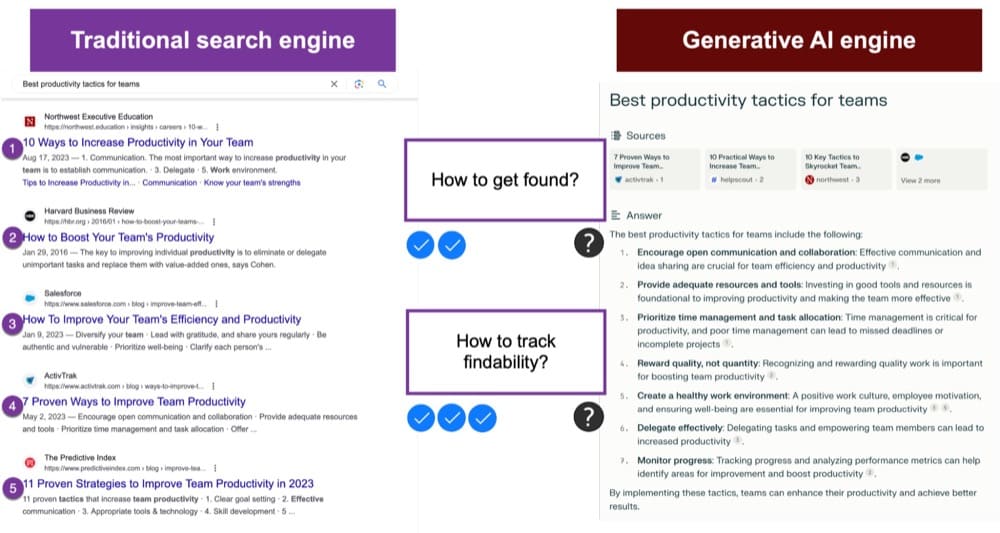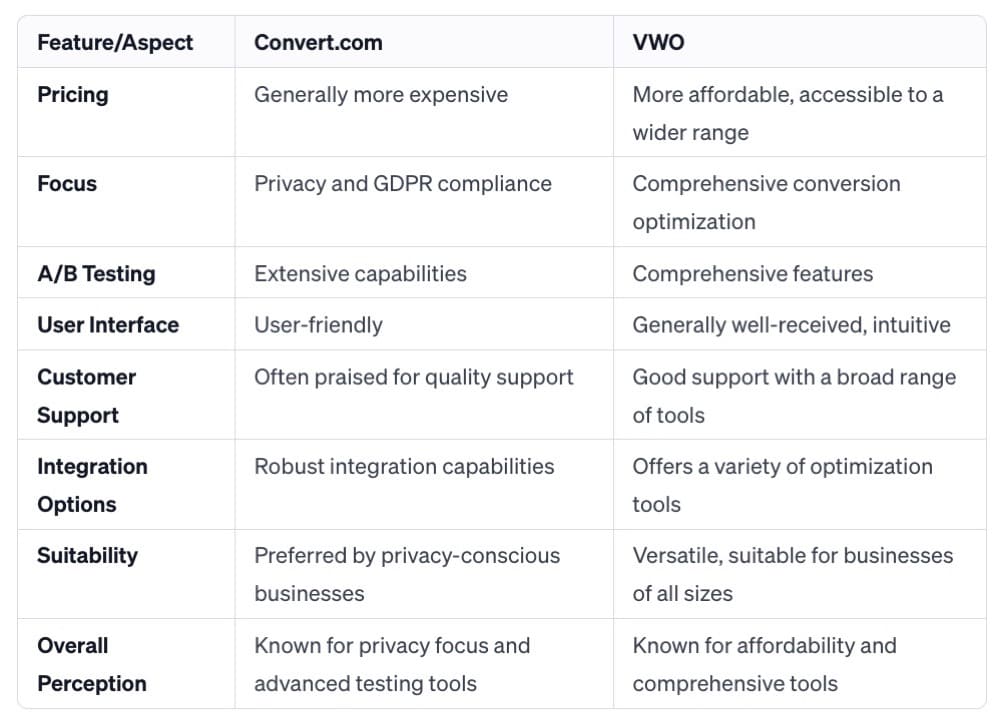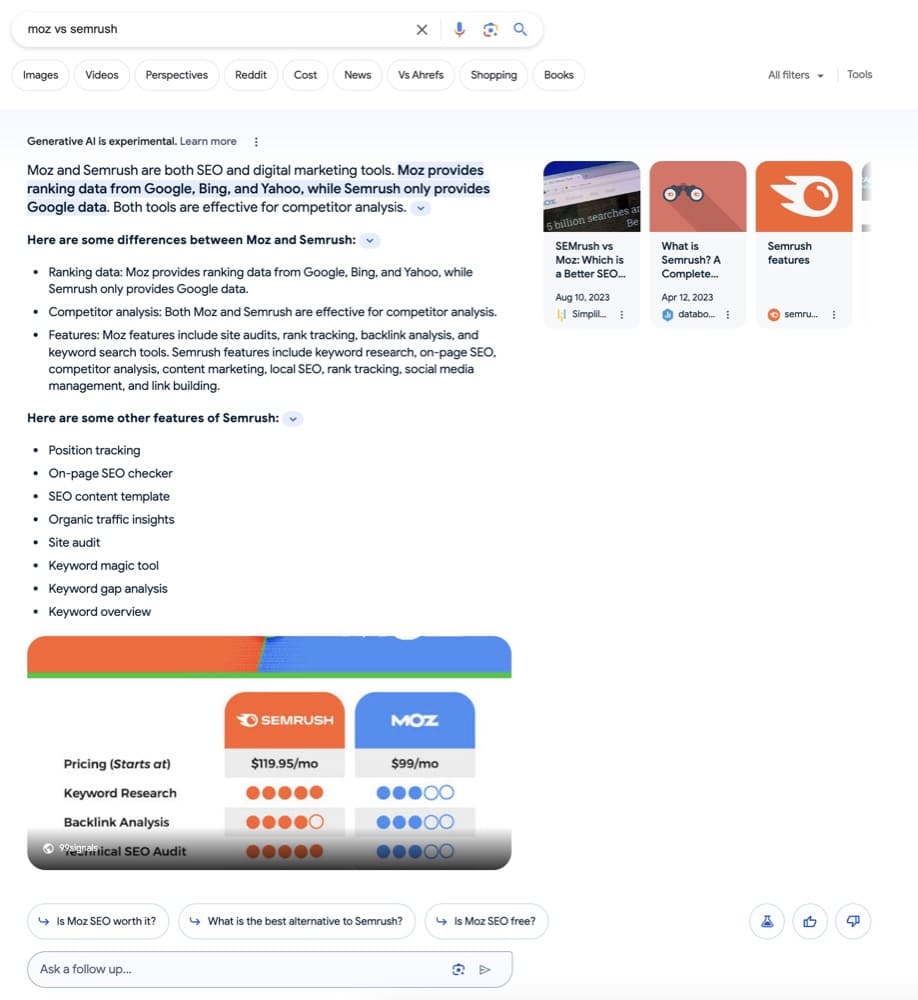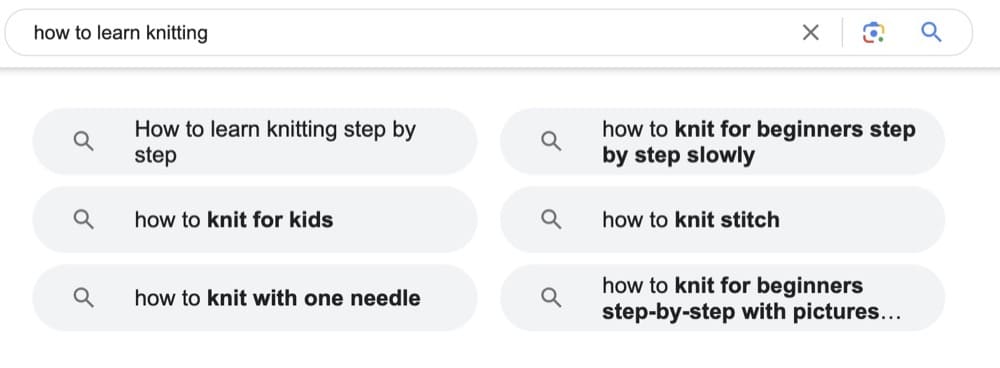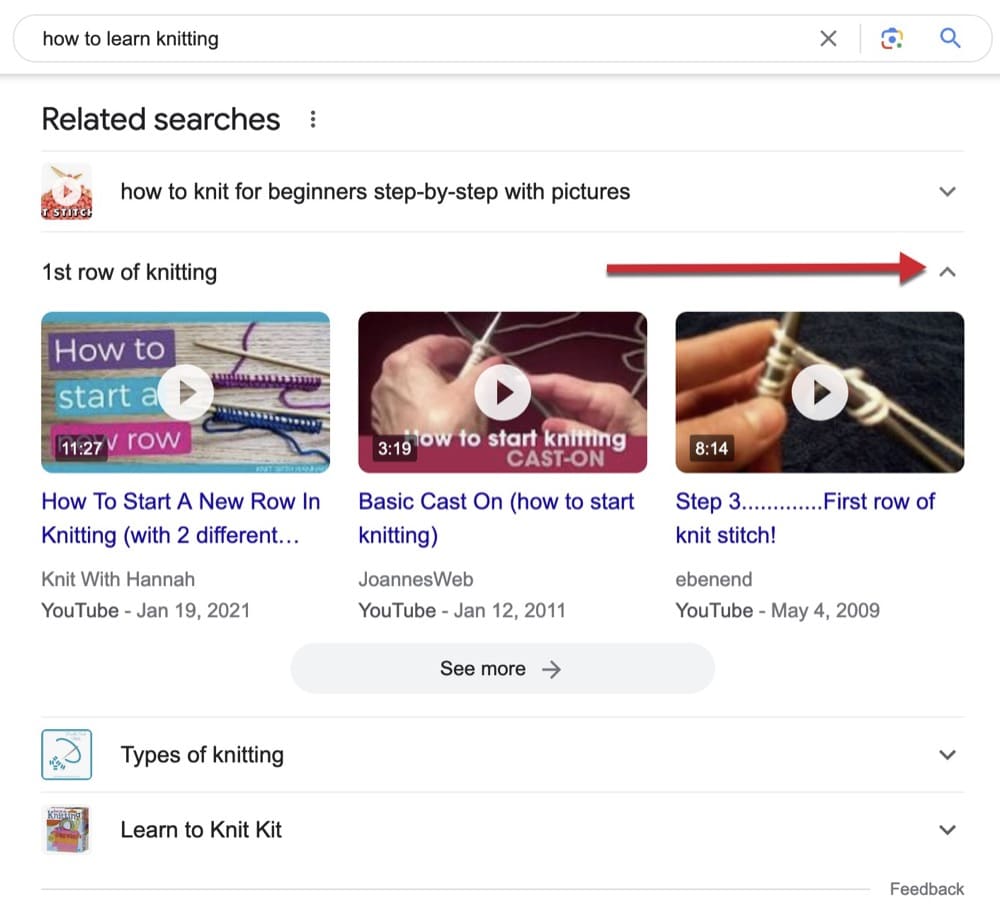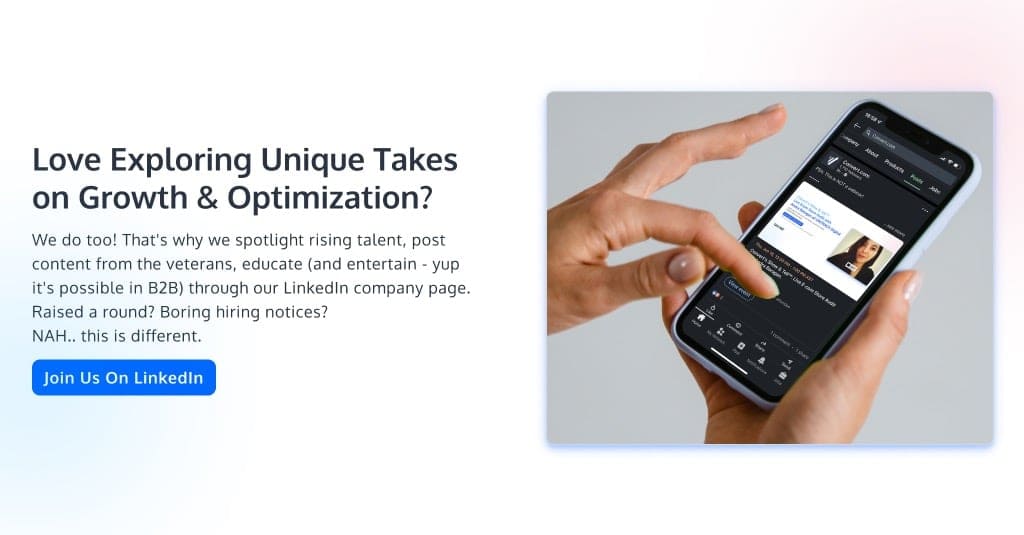How to Optimize Content for Generative AI
The search is changing as we speak.
And it is happening too fast even for Google to keep up.
How will online findability change in the course of this year and further on?
Which SEO tactics will survive the change and continue to be effective? Will there be new tactics to embrace?
Let’s try to figure this out!
What are generative AI engines?
Generative AI engines generate accurate and personalized answers to any search query. Instead of providing you with a list of resources for you to go and find answers to your questions (like traditional search engines do), generative AI provides an instant answer.
As AI technology is being quickly adopted, naturally the two most worrisome trends online creators and digital businesses will have to adapt to:
- People will likely click less (So how to get traffic)
- Each of your target customers will see different answers (How to control your business portrayal as well as how to track your performance and visibility?)
There are no definitive answers to either of these questions because we are not yet sure where this is all going and how much AI will change our lives overall. But there’s one thing that will hopefully calm everyone down:
This is not going to be a fast change
Believe it or not, we have been going to this change for many years now. Back in 2020, I was writing about Google as an answer engine versus a search engine.
An abundance of quick answers in Google’s SERPs has been here for a while but most people were still engaging with search results.
This is why I think the search will take some time to change:
- Even though people are already using generative AI to find answers, mainstream adoption will take some time. Consumer habits take time to change. People are very much used to searching and clicking search results. It will take some time, especially for older generations, to start using alternative methods to discover information and find answers.
- Google will take time to adjust its revenue model. It relies too much on people’s clicking ads and organic results. They don’t know yet how to monetize AI-generated answers.
We will have time to adapt.
But this doesn’t mean we don’t need to start preparing for a change.
How to get found by generative AI platforms
Become an entity
The fundamental step to generative AI findability is no different from traditional search visibility: They need to know about you. ChatGPT and other generative AI solutions rely on human knowledge. If no one knows about your business or product and never talks about either, no generative AI engine will know you.
Unlike Google which can be forced to include your URLs in its index, there are no ways to force AI platforms to know you unless other businesses, people, and websites are talking about you.
So start by building a brand others are referencing, including into lists, discussing on social media, etc.
The good news is that being an entity (a recognized brand) is also key to traditional Google’s rankings, so there’s a double benefit to it.
There’s no easy way to become a brand. It takes a lot of time to be everywhere and engage with your target customers on your site and elsewhere. It has been found that it takes between 5 and 7 touchpoints for a person to remember your brand. It’s engaging with the same person again and again to build recognition.
But here’s where you can start:
- Invest in creating great content that may go viral and become a trend (original research is usually your best bet to position your business as a knowledge hub)
- Nurture relationships with your customers on social media
- Invest in content-based journalistic outreach
- Reach out to influential bloggers to be included in thematic listicles (i.e. listing your competitors or their products)
- Invest in high-quality PR. This is still one of the best ways to get people talking about you.
- Collaborate with other (personal) brands on content creation, event hosting, giveaways, etc.
Well, as you can see, there’s nothing new here.
Ask ChatGPT (and Alternatives)
This is something I have started doing for just about any of my clients: I have a long discussion with ChatGPT about what it knows about their business and their competitors. Prompts like these:
- Do you know NAME?
- Who are NAME’s competitors?
- How is NAME compared to NAME’s competitor?
- I need to buy a PRODUCT/ find a SOLUTION, which would be your top choice?
- If I had a budget for only one solution, what would be your top choice?
- Why did you pick NAME’s competitor as the top solution?
- What should NAME do to become #1 recommendation?
- What is NAME’s competitor doing for marketing?
- What NAME should change in their marketing strategy?
- What is NAME’s competitor’s value proposition and how do they promote it?
- What is NAME’s value proposition?
All these answers will give you a good idea of what ChatGPT knows about you and your competitors, how likely (and in which situations) it will recommend you in an answer, and what you need to do to increase that probability.
For example, for testing purposes, I asked ChatGPT to compare Convert and VWO and pick one solution for me. Here’s its response:
…both platforms offer A/B testing, split-URL testing, and multivariate testing. Convert.com also offers multipage testing and A/A testing, which might not be available on VWO. For segmentation, both platforms offer geo-targeting, cookie-based targeting, and behavior targeting, with Convert also providing third-party input using Data Management Platforms (DMPs)
I asked ChatGPT to create a table comparing the two platforms, and here’s the result:
This gives a good overview of what the platform knows about the two solutions and how they will be positioned when people are using ChatGPT to find a best-fitting option.
This insight is especially important considering that a growing number of users rely on ChatGPT to find and research tools:
AI-specific optimization methods: GEO
Generative engine optimization is an emerging practice of improving your chances of being surfaced by generative AI engines. The first GEO research went live in early December and I covered it here.
Researchers optimized content using different tactics and tested which of those on-page optimization tactics helped pages to come up in more AI answers.
The most effective optimization tactics were found to be:
- Adding quotes from recognized experts (this one performed the best)
- Citing authoritative sources
- Adding statistics
All these three content optimization tactics make a lot of sense even if you are not trying to optimize for generative AI. But if you needed an additional incentive to start implementing them in your content strategy, here it is.
The least effective tactics were:
- Adding more keywords
- Adding unique industry terminology
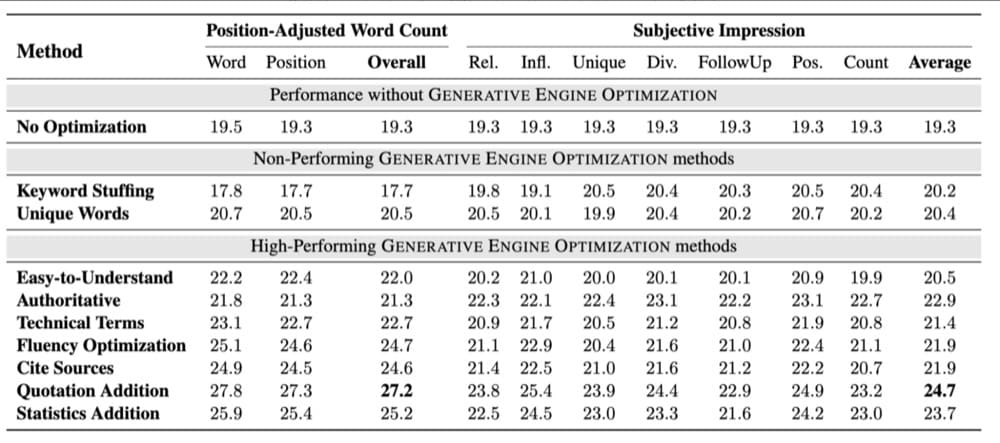
It is a good start and something to implement in your content strategy. Less focus on keyword matching and more focus on adding trust-building elements, like authoritative sources and quotes from experts.
I am sure there will be more and more studies like these shedding more light on what it is AI engines are looking for when generating their answers.
How to get surfaced by Google’s SGE
Google’s Search Generative Experience (SGE) is an experimental feature that generates an AI answer on top of search results in response to a user’s query. Sometimes it triggers an AI snapshot right away (pushing organic results down) and sometimes it invites a user to click a button to generate an answer.
This is what it looks like:
When SGE goes public (which is quite likely because Google extended the experiment to many more countries later last year, so they are getting serious about this!), organic traffic will suffer a dramatic decrease because searchers will be encouraged to engage with AI snapshots instead of scrolling down to organic listings.
For this reason, I am discussing this generative engine in a separate section. It is quite different from standalone AI solutions:
SGE uses Google’s index
Unlike other AI solutions, with SGE we know exactly which information it is using to generate answers.
- If your URL is indexed by Google, it is being used by SGE knowledge. Moreover, there were several studies that found a strong correlation between ranking in the top 10 and being surfaced by Google’s AI snapshots.
- If your brand is in Google’s Knowledge Base (i.e. there’s a Knowledge Panel showing up when you search for your brand name), it is being used by SGE. Moreover, being in Google’s Knowledge Panel is a strong signal you will likely show up in related AI snapshots. Once again, becoming a brand (i.e. entity) is key!
- Having your product feeds in Google’s Merchant Center means SGE knows about your products, deals, and product reviews.
- If your local business exists as Google’s My Business entity (and better yet, it is verified), SGE knows about it.
In this sense, SGE is much more predictable than any other AI platform. I hope Google will also come up with some tracking solution (just like they did for Discover) which will make the optimization strategy even easier and more predictable for it.
SGE includes prior search journeys
Google’s SGE patent goes into much detail on how AI snapshots work. One big takeaway from that patent is that SGE responds to:
- Current search query
- The recent search journey by each particular user
- Related queries (those queries that tend to be searched in close proximity).
This means that from now on, we need to be paying more attention to “related queries” Google includes in most SERPs. These come in different forms, mainly:
Long-tail queries that are mostly an extension of the current one:
A list of related topics that produce results when clicked without triggering a new search.
When creating a landing page, keep a close eye on these keywords to include on your page and create supporting content to have a better chance of being included in AI answers.
What this means is that you need to prioritize your search queries because you will hardly be able to create this type of strategy for every keyword in your list.
Furthermore, let’s start moving away from optimizing for keywords to optimizing for search journeys.
When SGE goes live, you will likely lose a big percentage of your traffic. But think about it this way:
You may not need the audience you’ll lose over the generative AI revolution. If they are satisfied with a quick answer, they are unlikely to buy from you. Prioritize those journeys that have better chances of engaging with your site because they are likely to buy.
So how to adapt your content and SEO strategy?
I have been saying this for ages and it looks like this is something that needs to happen: Stop depending on Google.
We’ve been relying on Google’s traffic for over two decades because basically, Google has been the only organic findability option we had.
This is going to change, and it is a good change. There will be more ways to discover brands and products, so there will be more opportunities to get found.
While we have some time, think about trying the following:
- Create a long-term brand-establishing strategy. This is key. Don’t expect fast tangible results from that. This is not how you build a brand.
- Develop more channels to build visibility and nurture a community. A branded subreddit is a great option that will also help you control your branded search and control your important SERPs. Reddit is also great for making your brand a trend and sending high-quality editorial links if you approach it wisely.
- Up your analytics and conversion monitoring game. Keeping track of referral traffic is going to be even more challenging. Set up your GA4 conversion tracking and A/B test your landing pages to identify better-performing conversion funnels.
- Set up a newsletter and focus on building your list. The more channels you have allowing you to reach out and re-activate your customers or site visitors, the better.
- Invest in new assets. Launching your custom GPT to attract and engage customers is a great idea.
- Revamp your keyword strategy to prioritize more important queries that are likely to drive engaged traffic.


